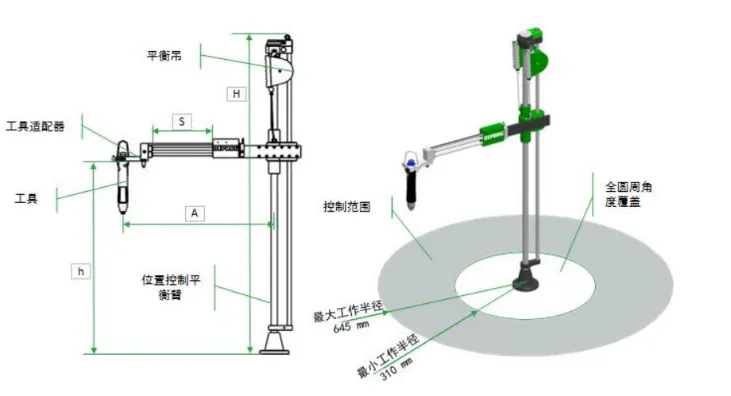Understanding Different Types of Hybrid Inverters for Efficient Energy Management Systems
Types of Hybrid Inverters A Comprehensive Overview
As the energy landscape evolves toward more sustainable and decentralized sources, hybrid inverters have emerged as crucial components of modern energy systems. These devices serve as the interface between renewable energy sources, such as solar panels, and the electrical grid or battery storage systems. Hybrid inverters not only convert direct current (DC) produced by solar panels into usable alternating current (AC) but also manage the flow of electricity between the various components of an energy system. This article explores the different types of hybrid inverters, their unique features, and their advantages in residential and commercial applications.
1. Grid-Tied Hybrid Inverters
Grid-tied hybrid inverters are designed to work in conjunction with the electric grid. They enable users to harness solar energy while simultaneously allowing for grid connectivity. One of the primary advantages of this type of inverter is that it can feed excess power generated during peak sunlight hours back into the grid, providing credits or compensation through net metering. These inverters typically include a battery management system that allows them to store excess energy in batteries for later use, such as during nighttime or during grid outages. The seamless switching feature between grid and battery power ensures that energy availability is maximized.
Off-grid hybrid inverters are tailored for applications where grid electricity is unavailable or unreliable. These systems are particularly beneficial for remote locations, such as cabins or rural homes, where installing a traditional grid connection may be impractical or too costly. Off-grid systems combine renewable energy sources—like solar, wind, or hydro—with battery storage to create a self-sufficient energy supply. The inverter manages power generation and storage, optimizing energy use based on demand. This flexibility allows users to maintain their energy independence while utilizing renewable resources.
3. Multi-Mode Hybrid Inverters
types of hybrid inverters

Multi-mode hybrid inverters provide the versatility to operate in varying conditions. These inverters can seamlessly transition between grid-tied and off-grid modes, providing flexibility for users who may want to take advantage of both systems. Multi-mode hybrid inverters are especially useful in areas where grid reliability may fluctuate. During periods when the grid is stable, the inverter can operate in grid-tied mode to maximize energy savings. When grid outages occur, it can instantly switch to off-grid mode, utilizing stored battery energy to keep critical loads powered.
4. Integrated Hybrid Inverters
Integrated hybrid inverters combine multiple functionalities into a single unit, often incorporating battery storage capabilities. These systems simplify installation and reduce the need for multiple components, lowering upfront costs. Integrated hybrid inverters can manage energy production and consumption efficiently while providing advanced monitoring features. Many modern integrated models come with smart technology that allows users to analyze their energy consumption patterns, optimize usage, and enhance energy savings.
5. Smart Hybrid Inverters
The advent of smart technology has revolutionized hybrid inverters, allowing for enhanced connectivity and control. Smart hybrid inverters can be integrated with home energy management systems, enabling users to monitor energy production, consumption, and storage in real-time through apps and dashboards. Furthermore, they can often predict energy production based on weather conditions and adjust operations accordingly. This technology not only aids in optimizing energy use but also enhances the overall efficiency of the renewable energy system.
Conclusion
Hybrid inverters play a pivotal role in the transition towards renewable energy systems, facilitating the intelligent integration of various power sources and storage solutions. With options ranging from grid-tied and off-grid to smart and integrated models, users can select the type of hybrid inverter that best suits their energy needs and circumstances. As technology continues to advance, hybrid inverters will likely evolve further, offering even greater efficiency, reliability, and user-friendliness, driving the adoption of clean energy solutions globally.
-
Unlocking Energy Freedom with the Off Grid Solar InverterNewsJun.06,2025
-
Unlock More Solar Power with a High-Efficiency Bifacial Solar PanelNewsJun.06,2025
-
Power Your Future with High-Efficiency Monocrystalline Solar PanelsNewsJun.06,2025
-
Next-Gen Solar Power Starts with Micro Solar InvertersNewsJun.06,2025
-
Harnessing Peak Efficiency with the On Grid Solar InverterNewsJun.06,2025
-
Discover Unmatched Efficiency with the Latest String Solar InverterNewsJun.06,2025







